Herbal Treatment Tips: Growing Your Own Herbal Remedies
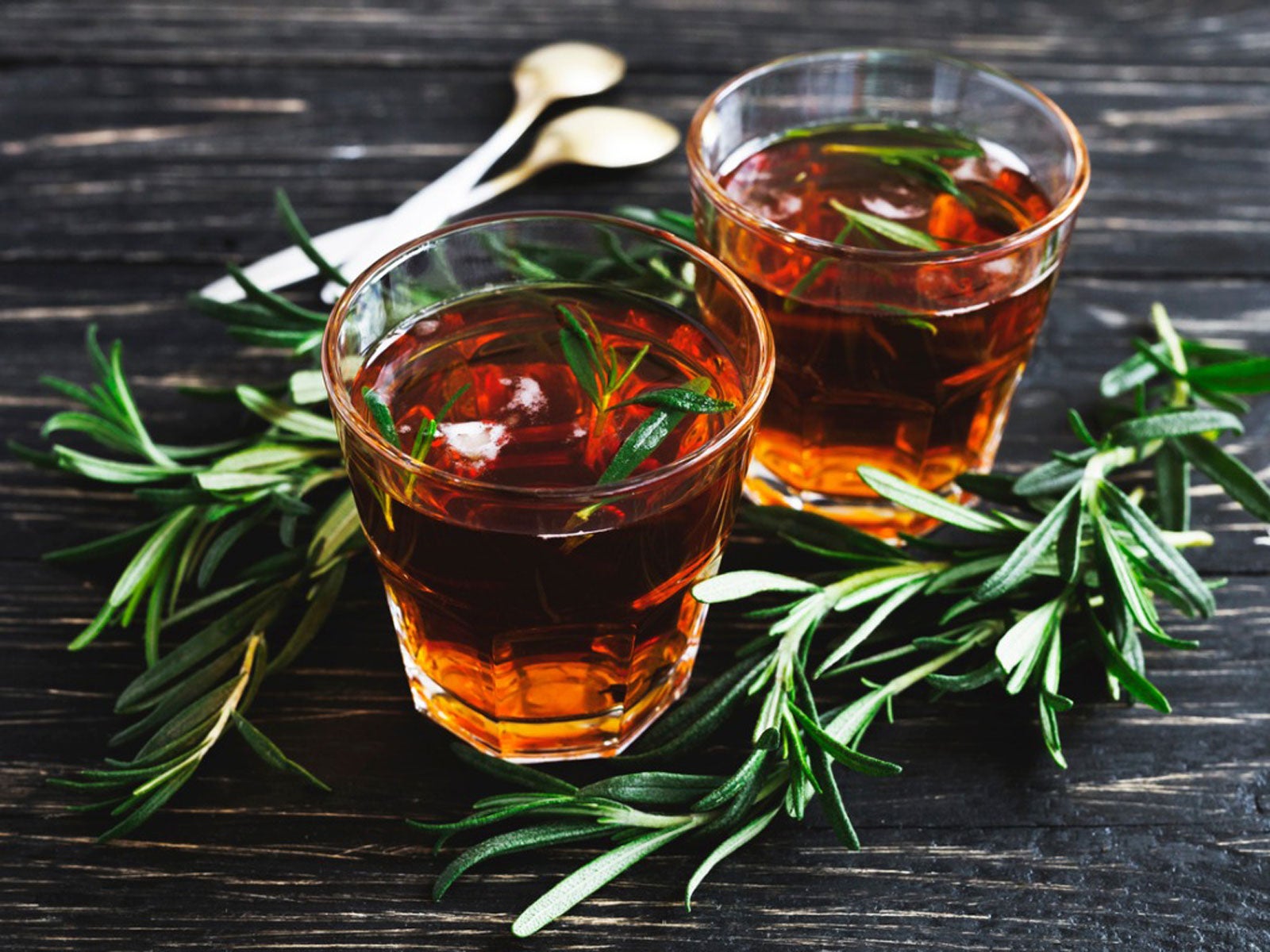
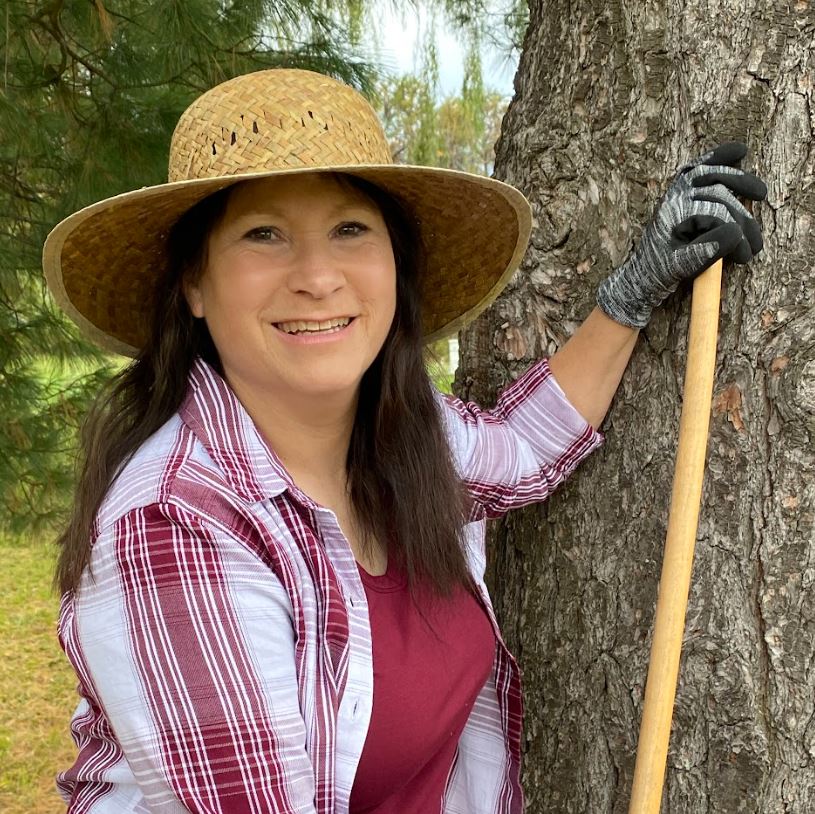
Long before pharmaceutical companies cranked out medications by the millions, people relied upon herbal remedies to treat diseases, injuries, and maladies. Interest in these natural remedies is trending, as studies indicate many of these age-old remedies from the garden have a positive impact upon health.
Growing Herbs for Health
As a type of alternative medicine, herbal remedies contain chemical compounds which comprise the active ingredients of an herbal treatment. Since these compounds can react with traditional medications, it's advisable to discuss natural remedies with a doctor before embarking on a routine of herbal treatment.
Additionally, growing herbs for health and beauty can produce varying results depending upon when and how the herbs are grown, harvested, and used. Keep these considerations in mind when using remedies from the garden:
- Use herbal remedies safely – Do your research to ensure you are not only using the correct plant, but that you are using it safely. For instance, elderberries have antiviral properties which can be used to combat the flu, but they must be cooked before use. Consuming raw elderberries can cause nausea, vomiting, and diarrhea.
- Grow organically – One of the primary benefits of growing herbs for health is the ability to control the garden environment. Avoid consuming chemical residue by using natural methods of pest control, weed reduction, and fertilization.
- Know when to harvest – The potency of herbs varies depending upon when and how the herbs are harvested. For instance, herbs containing essential oils are most potent when picked in early morning.
- Dried vs. fresh – When making natural remedies, pay particular attention to the amount of dried vs. fresh ingredients. For many herbs, chemical compounds become more concentrated when the plant is dried. Shelf life can also affect potency.
How to Make Remedies from the Garden
- Herbal tea – From a steamy cup of chamomile tea to help you sleep to an infusion of fresh ginger root to calm an upset stomach, herbal teas are one of the most popular herbal remedies. Teas and infusions are made by steaming or boiling leaves, roots, or flowers in water and then allowing the liquid to cool to a drinkable temperature.
- Poultices – These externally applied natural remedies use fresh or dried herbs as a first aid dressing to treat aches, injuries, and infections. Oftentimes, the herbs are ground first, then applied as a paste and covered with cloth or gauze.
- Bath salts – You can give yourself a soothing herbal treatment by making your own medicinal bath salts. Simply add herbs with a high volatile oil content, such as lavender and rosemary, to a jar of either Epsom or sea salt. Let the salt absorb the essential oils for a couple weeks before using.
- Facial Steam – If you enjoy this beauty treatment, add calendula and other aromatic herbs to your weekly facial steam. This will not only open your upper respiratory tract but can also improve your complexion.
Gardening tips, videos, info and more delivered right to your inbox!
Sign up for the Gardening Know How newsletter today and receive a free copy of our e-book "How to Grow Delicious Tomatoes".

Laura Miller has been gardening all her life. Holding a degree in Biology, Nutrition, and Agriculture, Laura's area of expertise is vegetables, herbs, and all things edible. She lives in Ohio.
-
 Looking For Plants To Give You The Soft And Fuzzies? Try These 5 Fuzzy Leaf Plant Options
Looking For Plants To Give You The Soft And Fuzzies? Try These 5 Fuzzy Leaf Plant OptionsLovers of texture, drama, silver foliage and tactile plants will adore these special sensory garden additions. These fuzzy leaf plant options will leave you all aglow
By Susan Albert
-
 Get Ready For A Summer Of Hummers! Grow These Full Sun Hummingbird Plants and Flowers
Get Ready For A Summer Of Hummers! Grow These Full Sun Hummingbird Plants and FlowersIf you’re lucky enough to enjoy a sunny backyard, make sure you are maxing out on your pollinator opportunities and grow these full sun hummingbird plants and flowers
By Tonya Barnett
-
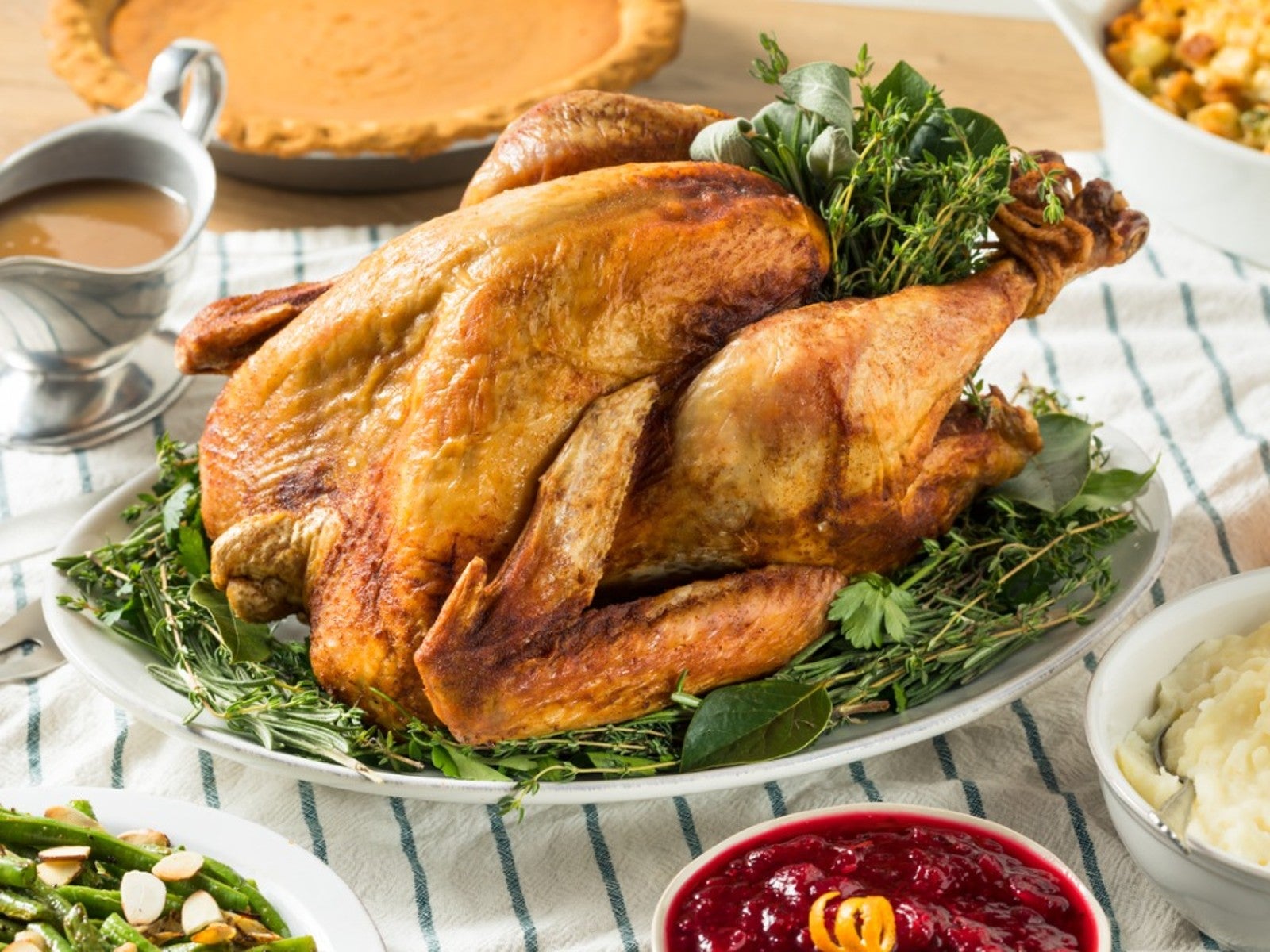 Grow Tasty Herbs For Roast Turkey In Your Garden
Grow Tasty Herbs For Roast Turkey In Your GardenCan you season your turkey with herbs you grow in your own garden? Yes! Click to learn more.
By Amy Grant
-
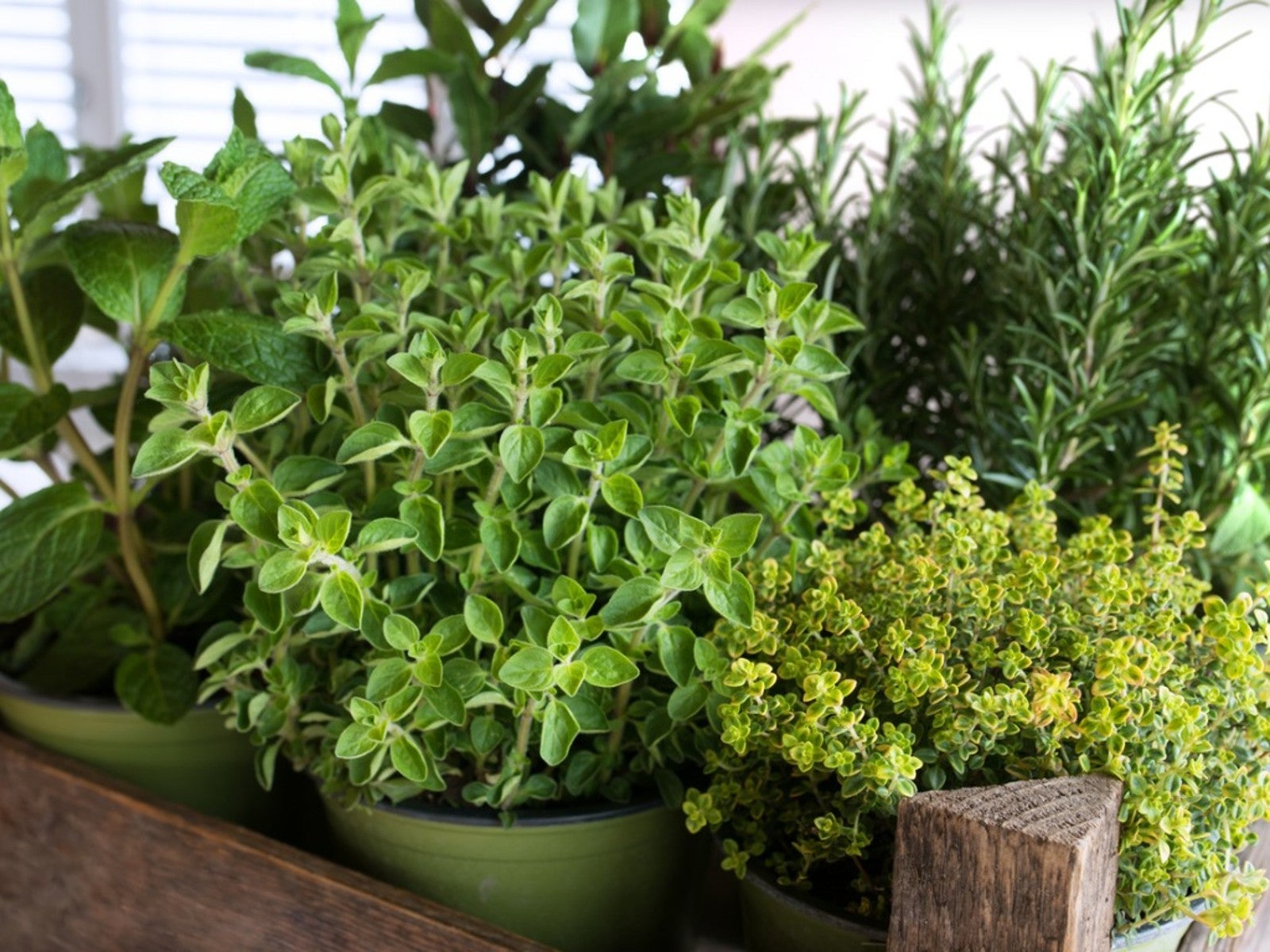 10 Easy Herbs For Beginners
10 Easy Herbs For BeginnersIf you’re new to herb growing, there are some perfect beginner herbs that are low maintenance and easy. Here are our top ten.
By Mary Ellen Ellis
-
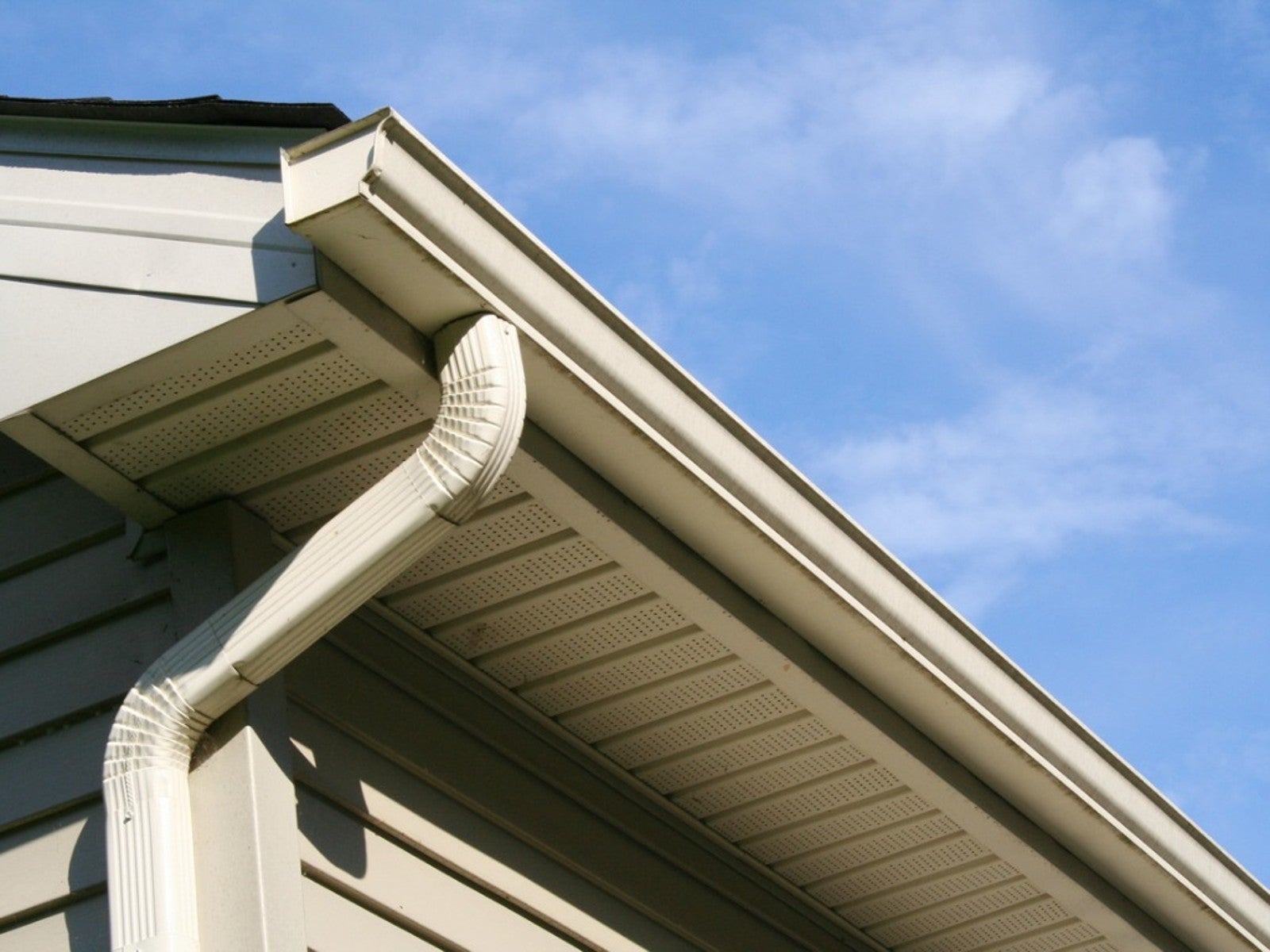 How To Make A Rain Gutter Herb Garden
How To Make A Rain Gutter Herb GardenOne really fun look outside the box is a hanging rain gutter herb garden. A gutter planter is a unique way to house and showcase plants.
By Bonnie L. Grant
-
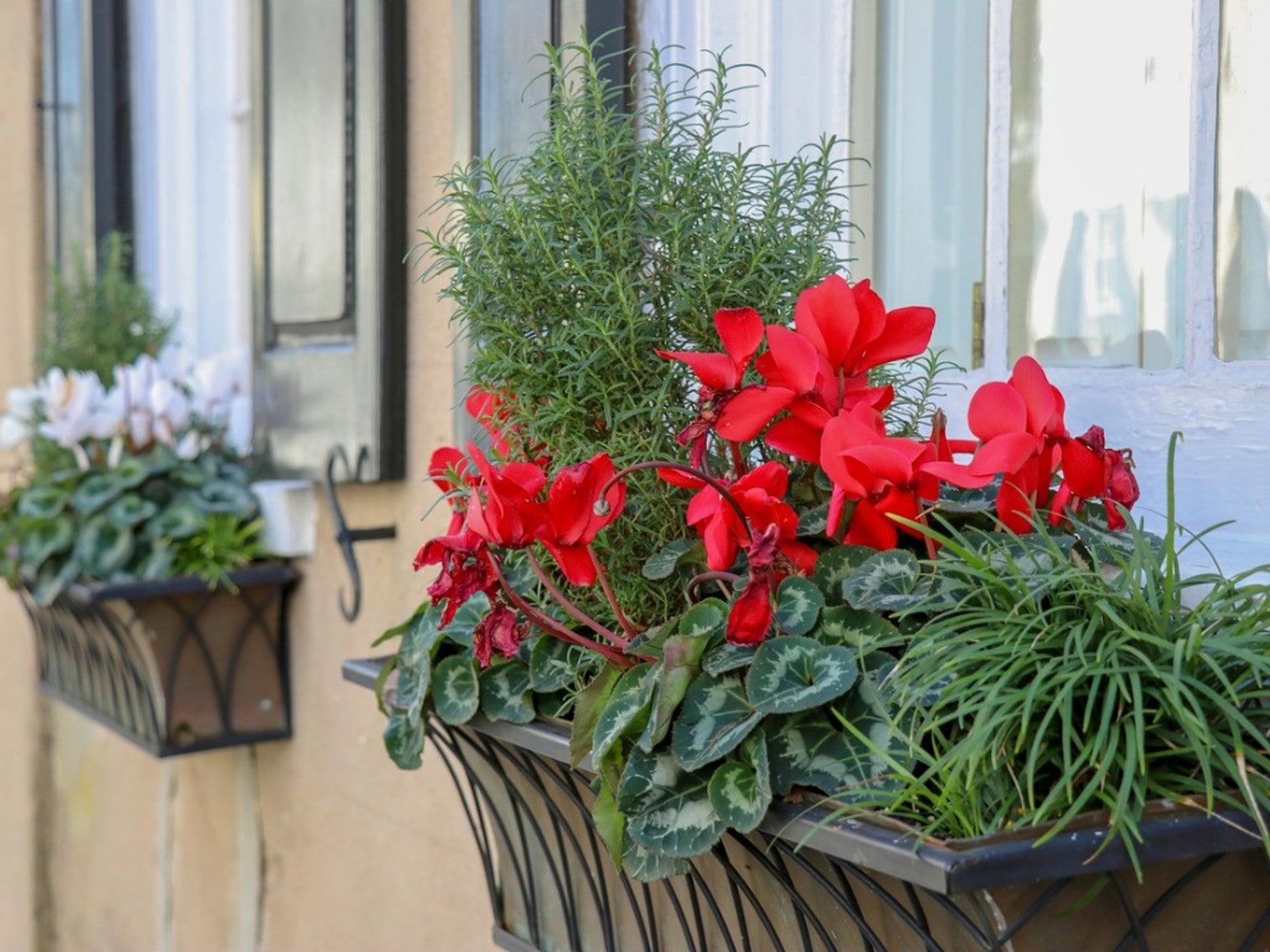 Grow A Beautiful, Edible Herb Window Box
Grow A Beautiful, Edible Herb Window BoxGrowing herbs in window boxes is a space-saving method for producing culinary ingredients for kitchen use. Click for more.
By Laura Miller
-
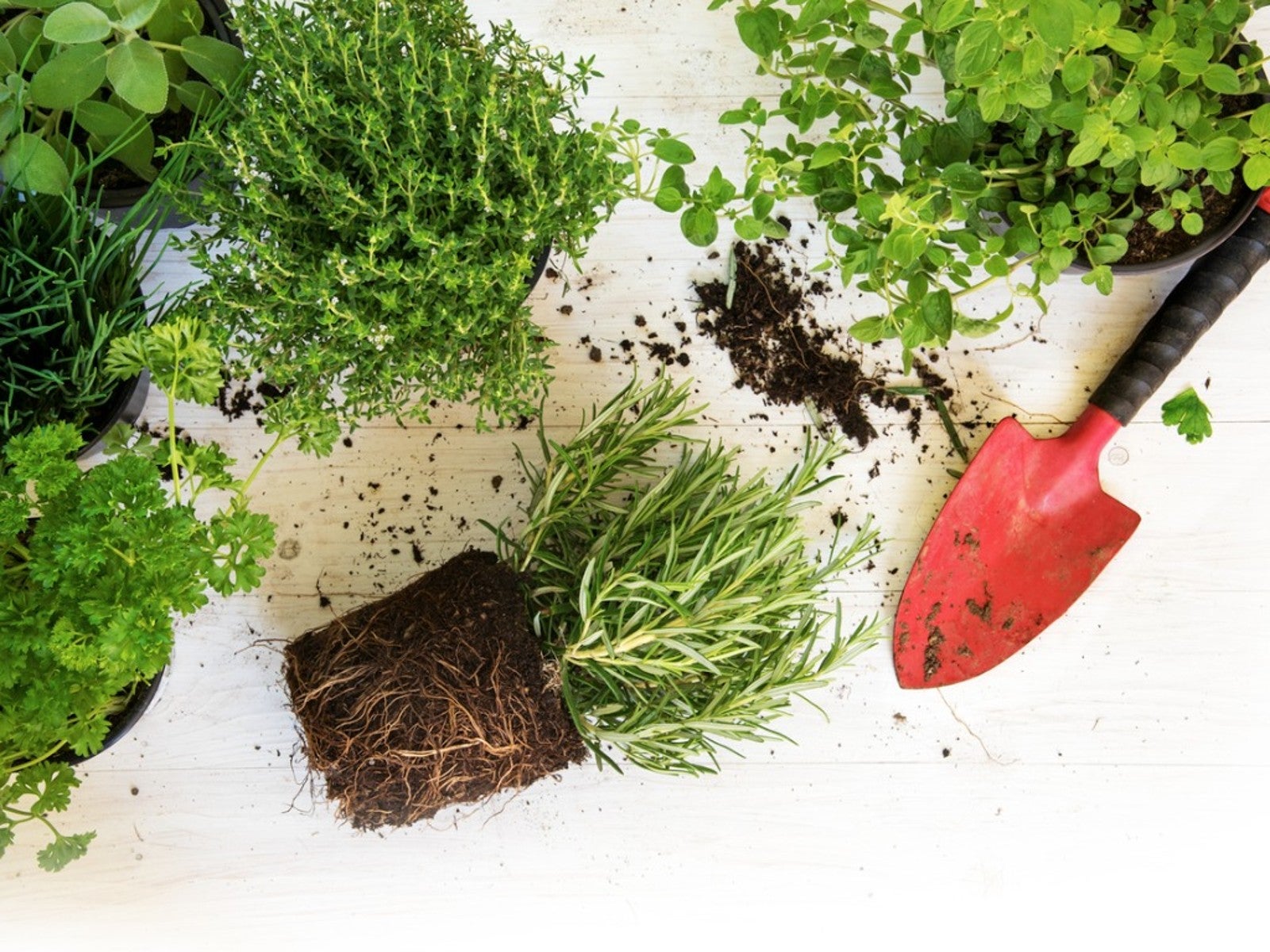 Best Herbs To Direct Sow Vs. Start Indoors
Best Herbs To Direct Sow Vs. Start IndoorsKnowing when to buy herb plants or start them from seeds or cuttings is essential to your success. Read on to learn more.
By Laura Miller
-
 Learn About The Highly Prized Silphium Herb
Learn About The Highly Prized Silphium HerbWhat if there was a perfect plant? In ancient times such a treasure existed. It was the silphium plant.
By Laura Miller
-
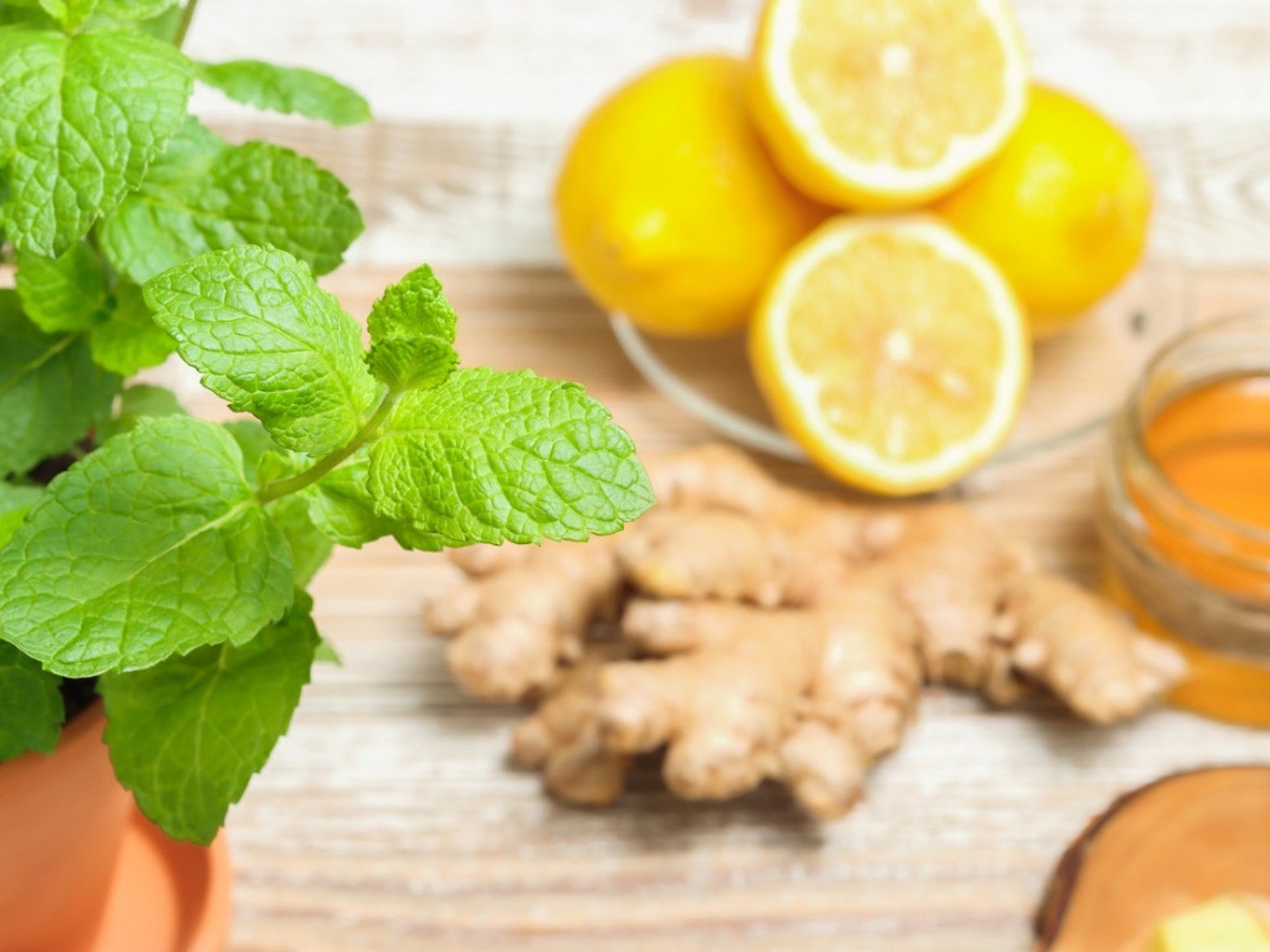 Grow Healing Herbs Indoors: Combat Winter Illness With A Medicinal Garden
Grow Healing Herbs Indoors: Combat Winter Illness With A Medicinal GardenIf you are growing medicinal plants at home, did you know you also can grow an indoor medicinal herb garden? Read on for more.
By Susan Albert
-
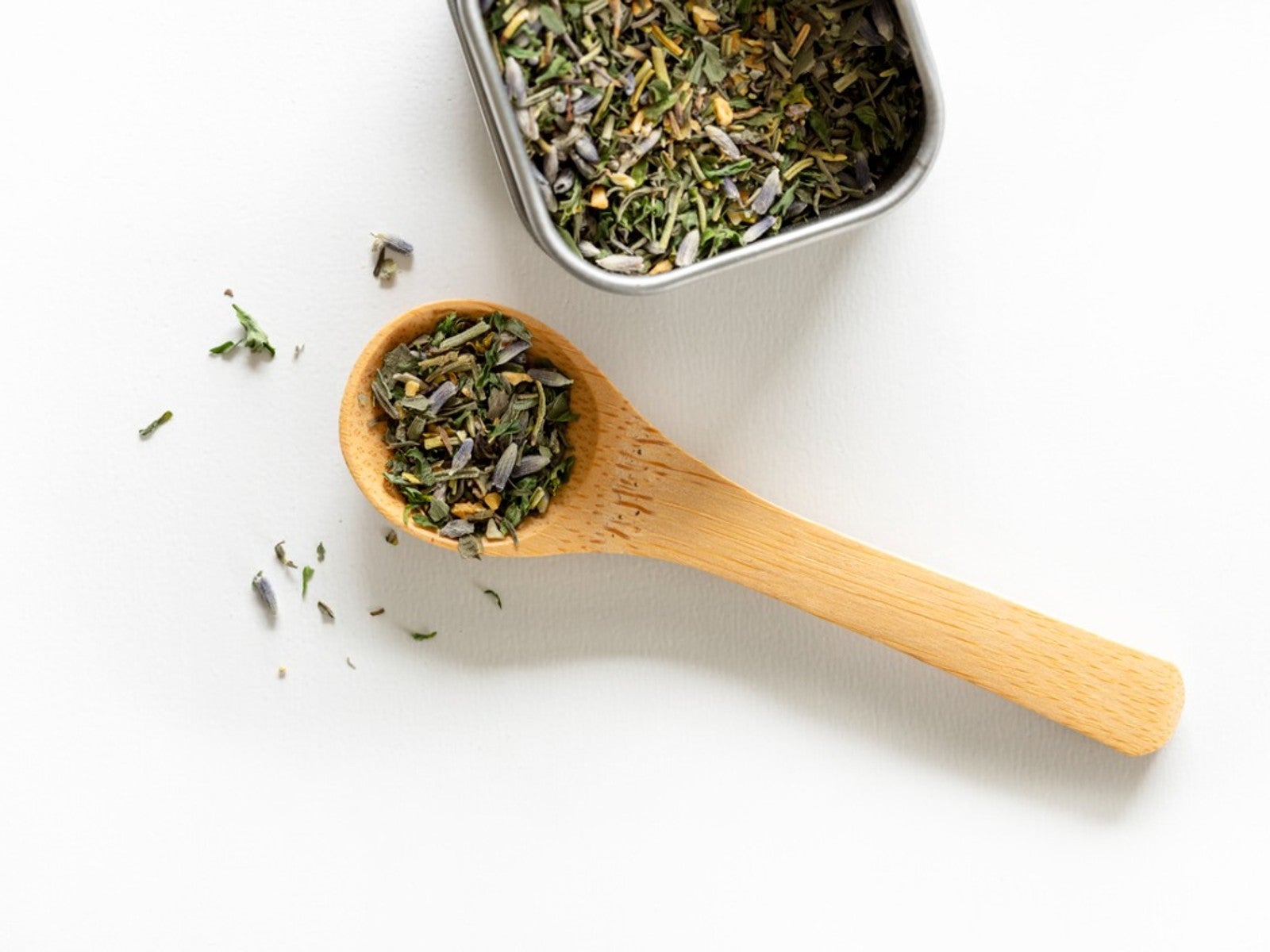 Grow Your Own Herbes De Provence - How To Grow, Dry, And Store Herbs
Grow Your Own Herbes De Provence - How To Grow, Dry, And Store HerbsHomemade gifts can add that special touch to any occasion, such as a jar of herbes de provence. Click here to learn how to grow and make your own for gifting.
By Laura Miller